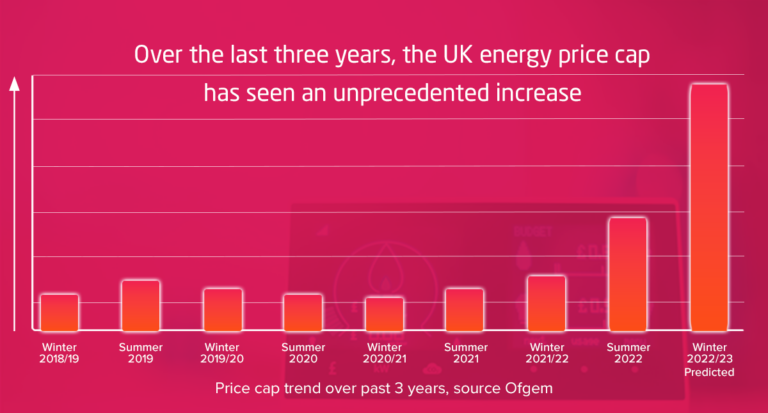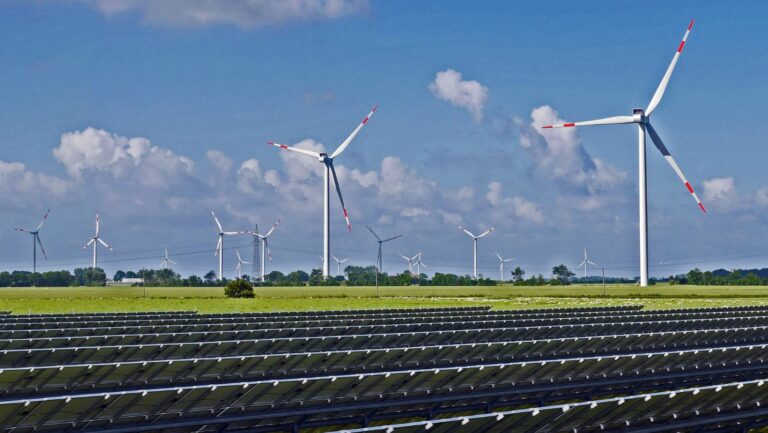Whether you have already moved into your new student home or doing so in the next few months. It’s impossible to ignore the impacts of the current cost of living crisis.
There are several contributing factors that are causing this rise. The main driver is the rapidly increasing cost of wholesale energy which is being felt right across the globe.
The energy price cap was introduced in January 2019 and dictates the maximum suppliers can charge for energy. The price cap is reviewed and amended accordingly every six months (in April and October). However, due to the current volatility of the market, the price cap will now also be reviewed in January.
In April 2022 the price cap for a typical household energy bill rose by 54%. Early predictions for the October 2022 price cap suggest typical annual bills could rise by a further 82% a potential increase of 181% overall since last year. (correct at time of writing)

At Split The Bills, we believe in giving you as much help and transparency to our customers as possible. Split The Bills is a shared utility management service, as such our utility prices are dictated by energy suppliers. As a business our core offering is to help students safely manage their utility payments within shared households, reducing the hassle of dealing with multiple suppliers and protecting individual credit scores.
The unprecedented rise in wholesale energy along with other contributing factors are underpinning the current cost of living crisis which is impacting households the world over.
With that in mind, we’re here to help you understand the reasons behind the cost-of-living crisis, and what we can do to help students who are moving into their next student house.
Why have prices increased so much?
There are a few reasons that are causing prices to rise for the likes of energy and food. Here are some of the contributing issues:
The war in Ukraine
One of the reasons for the current instability in the energy market is the war in Ukraine. As a response to Russia’s invasion of Ukraine, many EU countries (including the UK) have placed a series of sanctions on Russia’s economic activities, this has led to countries having to source oil and gas from other places. Previous dependencies on Russian oil and gas means there is a lack of quick and viable alternatives to substitute in the short term.
In addition, pipelines that carry gas from Russia to key European countries such as Germany are running at a reduced capacity (5% of full capacity at the time of writing).
COVID-19 impacts
As the world went into lockdown this meant less energy and resource were required to power the likes of offices and factories. This resulted in many energy companies scaling down their operations during the height of the pandemic. However, as the lockdown eased there was significant demand for energy which in turn drove up prices within the energy market.
The weather
Weather conditions the world over have had impacts on the current supply of energy. The lack of wind here in the UK over the last year has meant lower than usual reserves of renewable energy generated by wind turbines. Whilst incredibly warm temperatures last year in the likes of China saw significant demand on oil and gas for the likes of air-conditioning.

What does this mean for students?
Households across the UK are likely to see their utility bills increase from October due to the changes in the energy price cap. With the cap set to be reviewed again in January 2023, it’s difficult for customers to lock in low-cost fix rates. We understand the challenges this presents and unfortunately, student loans have not increased to balance the overall rising costs of living.
If you are struggling with the current cost of living crisis, your university may offer guidance and support. It is recommended you seek advice through the student’s union or directly through your university.
Split The Bills are committed to providing a helping hand to students with bills in their shared properties. The October energy price cap is set to be announced on Friday 26th August. As we learn more about the extent of the increases in the cost of energy, we will communicate further advice and options available over the coming months.
Sources:
https://www.reuters.com/markets/europe/russias-oil-gas-revenue-windfall-2022-01-21/
https://blogs.worldbank.org/developmenttalk/commodity-prices-surge-due-war-ukraine
https://energysavingtrust.org.uk/why-are-energy-bills-going-up/
https://www.moneysavingexpert.com/utilities/what-is-the-energy-price-cap/
https://www.bbc.co.uk/news/business-58090533
https://www.theguardian.com/money/2022/aug/09/uk-energy-bills-forecast-to-hit-4266-from-january
Want to find out more?
Interested in splitting your student household bills rather than splitting up friendships? Check out SplitTheBills now and make life easier for everyone in your shared student house.
Recent posts:

Top tips for students going home for Christmas
With the end of the year fast approaching, you may be thinking about heading home for Christmas to spend time with family and friends. The uni term will slowly be winding down, and you’ll feel more and more festive each day.

Understanding Your Student Loan: Is It Enough To Live On?
The move from first to second year at university often comes with a lot of change as most students will have to start paying bills for the first time. In this feature we discuss how you can keep your finances organised and pay bills responsibly.

Top 5 Money Saving Ideas For Students: What Are The Benefits Of Saving Money?
The move from first to second year at university often comes with a lot of change as most students will have to start paying bills for the first time. In this feature we discuss how you can keep your finances organised and pay bills responsibly.

